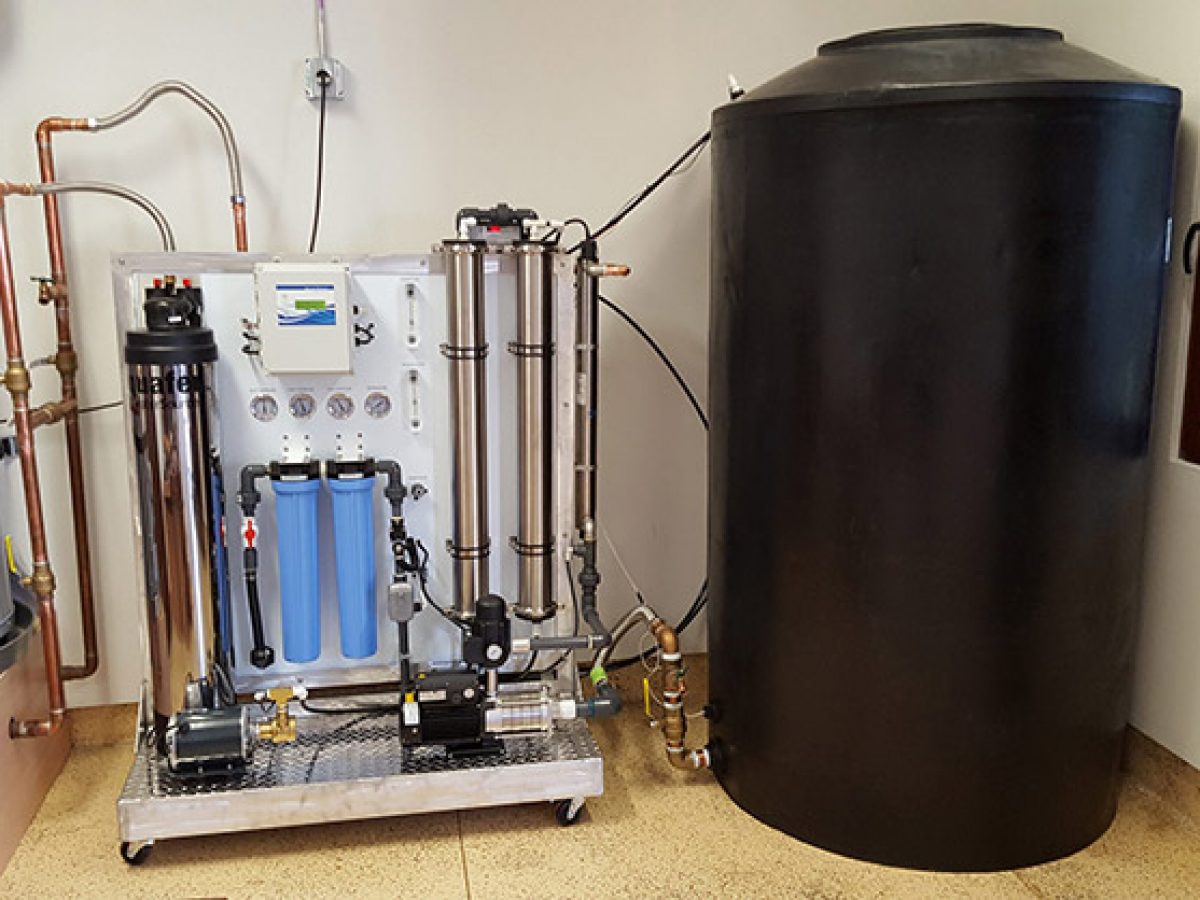
Sustainable Living Unleashed: Home Water Recycling Systems
In the quest for sustainable living, adopting home water recycling systems emerges as a powerful solution. This article delves into the significance of these systems, explores their benefits, and provides insights into how they contribute to a more environmentally conscious and water-efficient household.
Understanding Home Water Recycling: A Green Revolution
Home water recycling involves the collection, treatment, and reuse of water within a household. It marks a significant shift from the traditional linear approach of water consumption to a circular system that emphasizes conservation. These systems aim to minimize water wastage and reduce the overall ecological footprint of residential water usage.
Benefits Beyond Conservation: The Multi-Faceted Impact
The adoption of home water recycling systems extends far beyond water conservation. It contributes to the reduction of the strain on local water resources, mitigates pollution by minimizing wastewater discharge, and fosters a more self-sufficient and resilient household. Additionally, it aligns with broader environmental goals, making it a holistic approach to sustainable living.
Types of Home Water Recycling Systems: Tailoring Solutions to Needs
Various home water recycling systems cater to different needs and scales of usage. Greywater recycling systems, for instance, treat and reuse water from sources like showers and laundry for non-potable purposes, such as irrigation. On a larger scale, advanced systems may incorporate rainwater harvesting, treating rainwater for various household uses. The diversity of these systems allows homeowners to tailor solutions to their specific water consumption patterns.
Greywater Recycling: Repurposing Water from Daily Activities
Greywater recycling stands out as a practical and widely implemented approach. This system collects water from activities like showering, washing hands, and doing laundry. After treatment, the recycled greywater can be utilized for tasks like watering plants, flushing toilets, or even washing outdoor surfaces. Greywater recycling maximizes the use of water that would otherwise go down the drain.
Rainwater Harvesting: Harnessing Nature’s Bounty
Rainwater harvesting complements greywater recycling by tapping into a natural water source. Collecting rainwater from roofs or other surfaces, this system stores and treats the water for various purposes. From landscape irrigation to flushing toilets and even supplying water for laundry, rainwater harvesting provides an alternative source that reduces reliance on traditional water supplies.
Installation and Integration: Making Home Water Recycling Accessible
The adoption of home water recycling systems is becoming increasingly accessible for homeowners. Many systems are designed for easy integration into existing structures, allowing for retrofitting without major renovations. Some systems are modular, enabling users to scale their recycling efforts based on their water needs. As technology advances, the installation process becomes more user-friendly, promoting widespread adoption.
Environmental Impact Assessment: The Ripple Effect of Conservation
An essential aspect of home water recycling is understanding its environmental impact. Beyond the immediate benefits of water conservation, these systems contribute to broader ecological health. By reducing the demand on municipal water supplies, they alleviate stress on ecosystems and aquatic habitats. Moreover, the reduction in wastewater discharge minimizes pollution and promotes cleaner waterways.
Financial Incentives and Long-Term Savings: A Win-Win Proposition
While the initial investment in a home water recycling system may seem significant, the long-term savings and potential financial incentives make it a sound investment. Many regions offer rebates or incentives for installing water-efficient systems. Additionally, the reduced reliance on municipal water sources leads to lower water bills over time, making it a win-win proposition for both the environment and the homeowner’s wallet.
Educating and Advocating: Empowering Communities for Change
As the adoption of home water recycling systems grows, education and advocacy play crucial roles. Communities benefit from understanding the importance of water conservation and recycling. By promoting awareness and sharing success stories, individuals and organizations can inspire others to embrace sustainable living practices. Education empowers communities to collectively contribute to a more water-conscious and ecologically responsible future.
Embracing Sustainability: A Call to Action for Every Home
In conclusion, home water recycling systems represent a pivotal step toward sustainable living. As we face increasing water challenges globally, adopting these systems becomes not just an option but a responsibility. From reducing water waste to lessening the environmental impact, the implementation of home water recycling is a tangible and impactful way for every household to contribute to a more sustainable and resilient future.
For more information on Home Water Recycling Systems, visit Joscorena.my.id.
